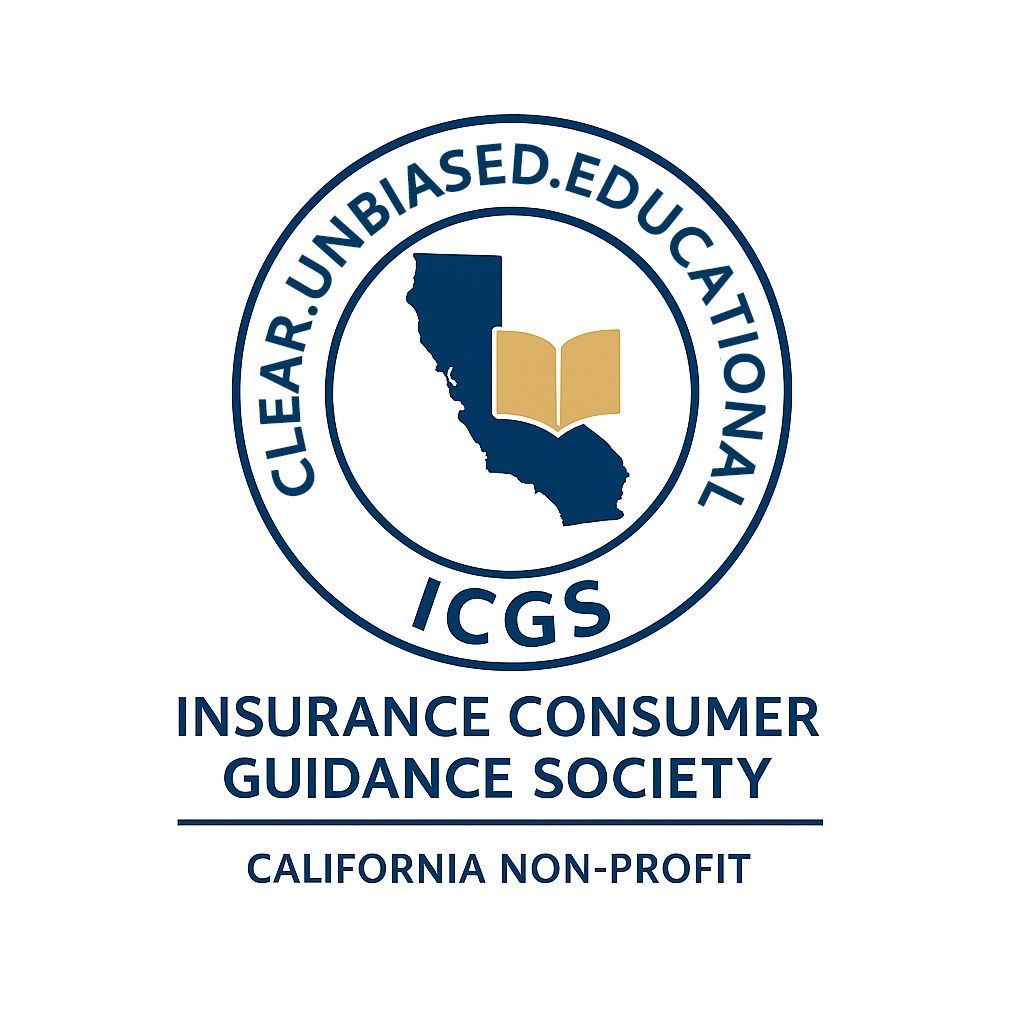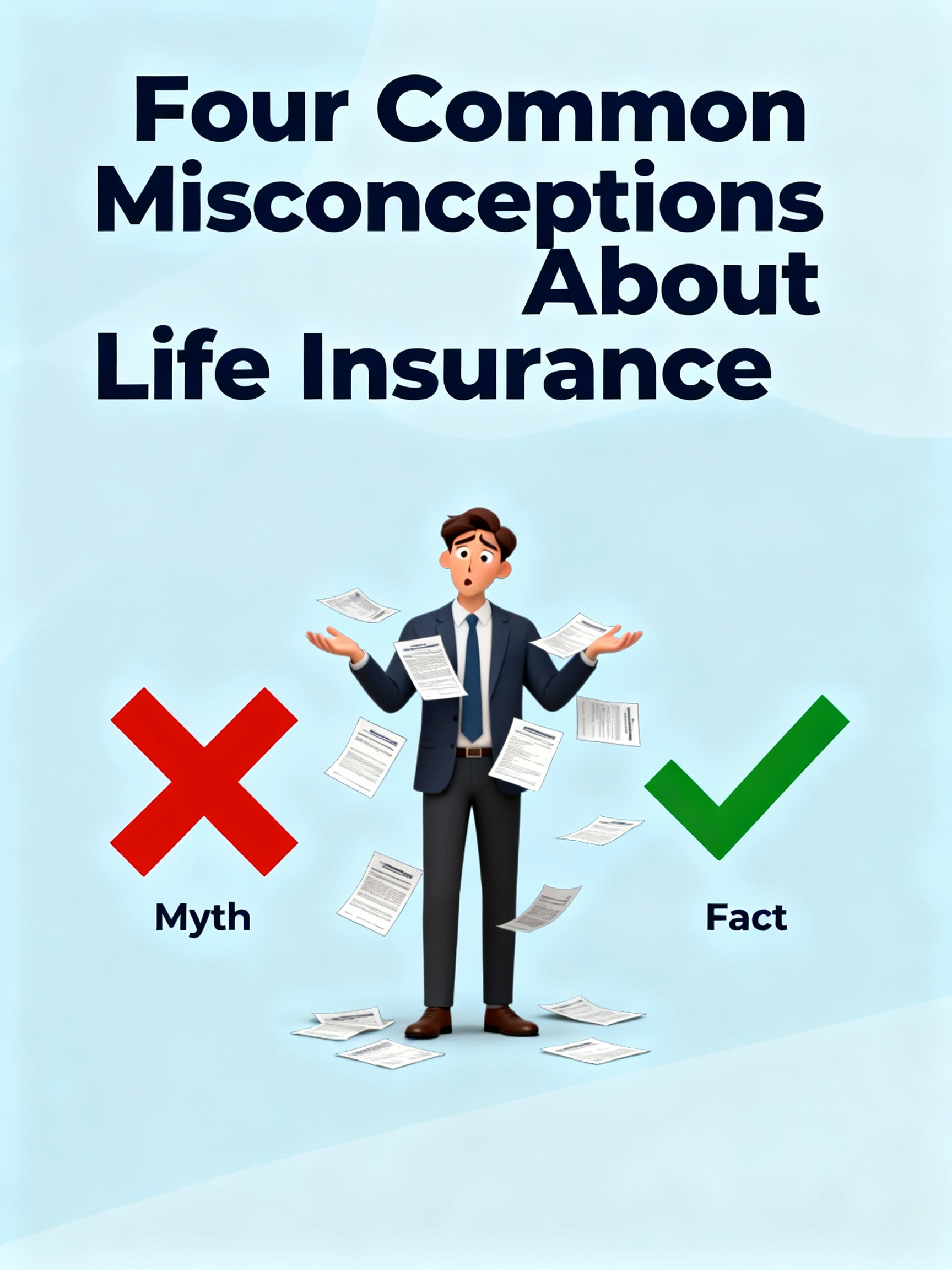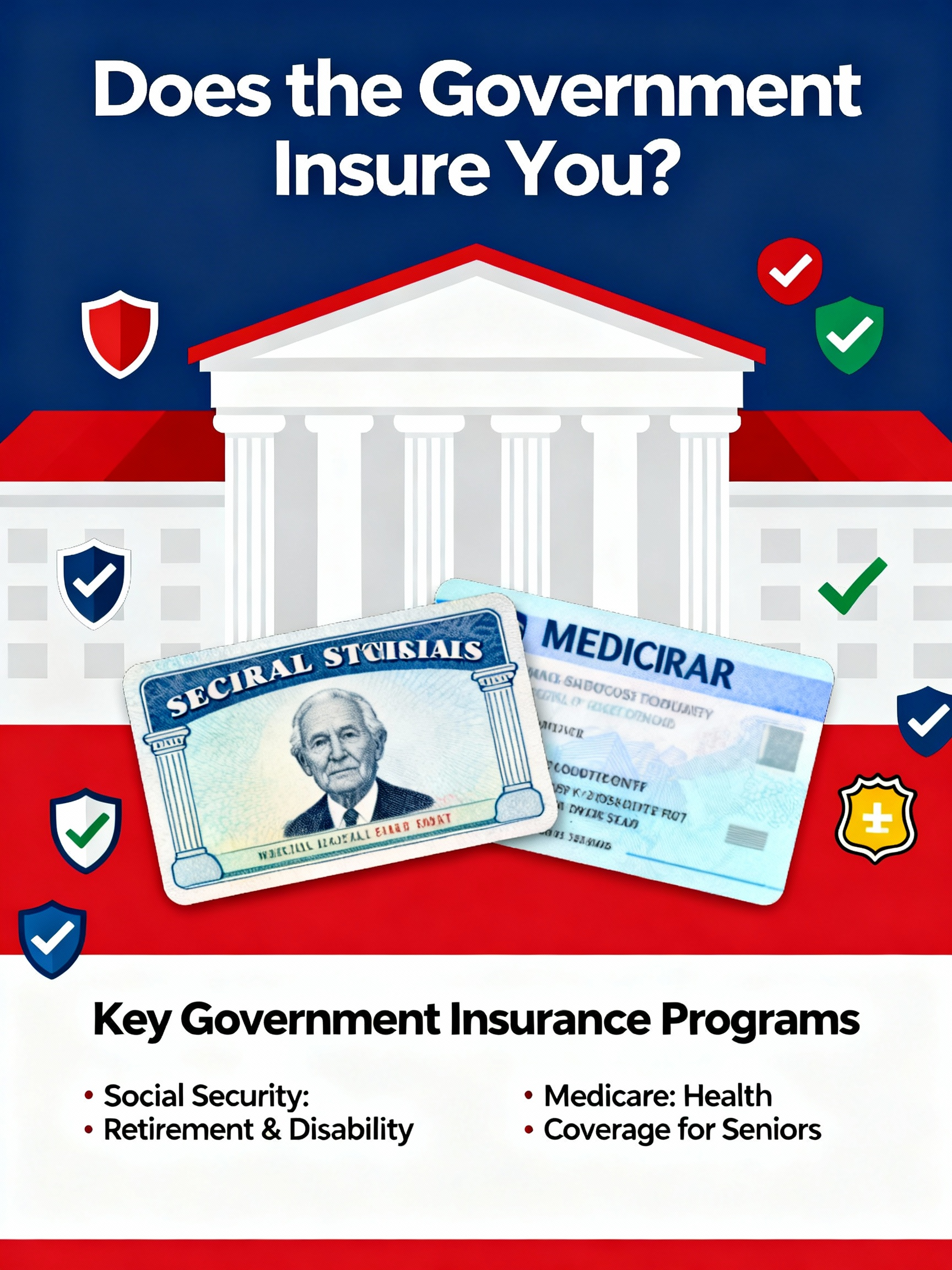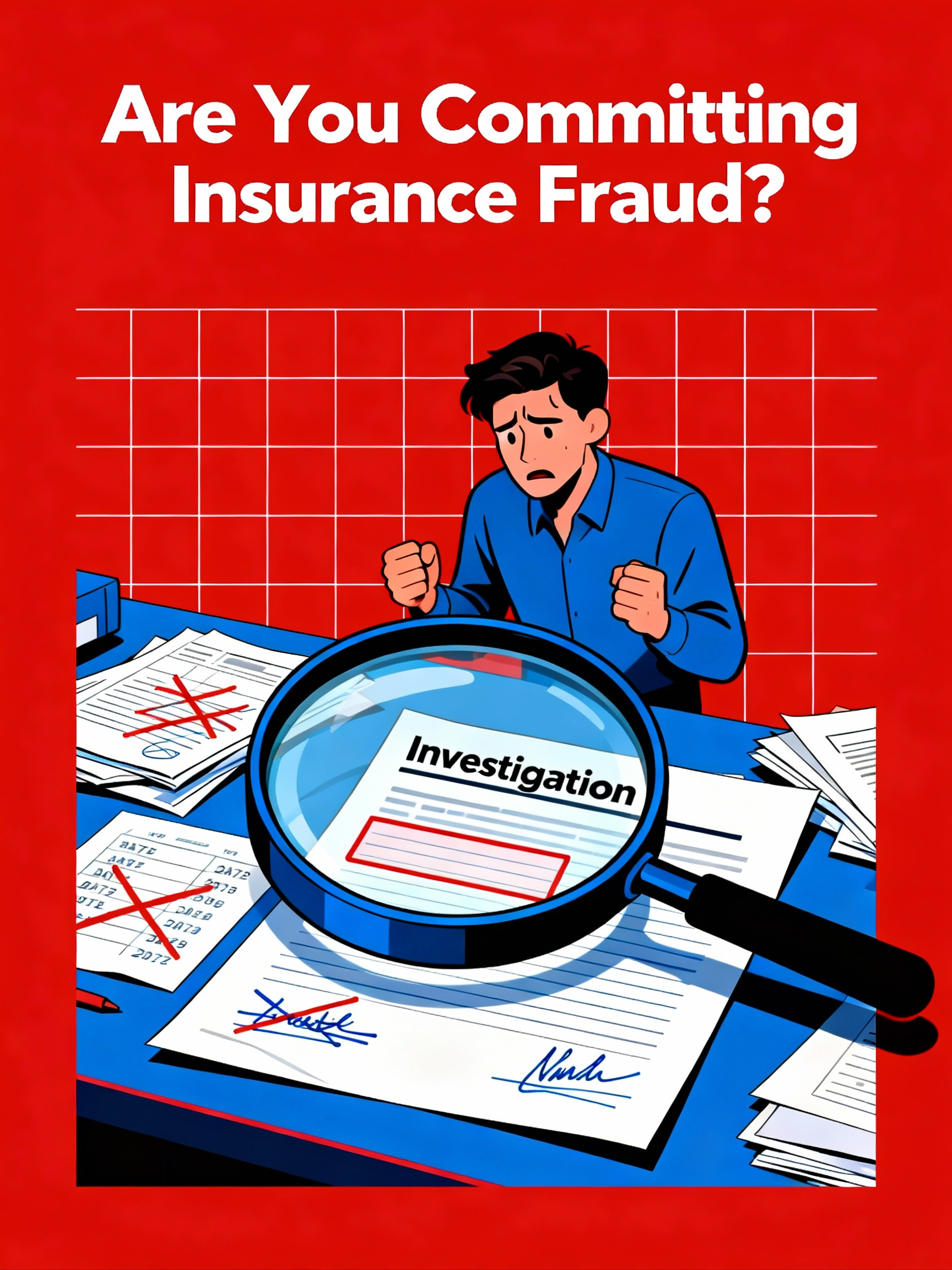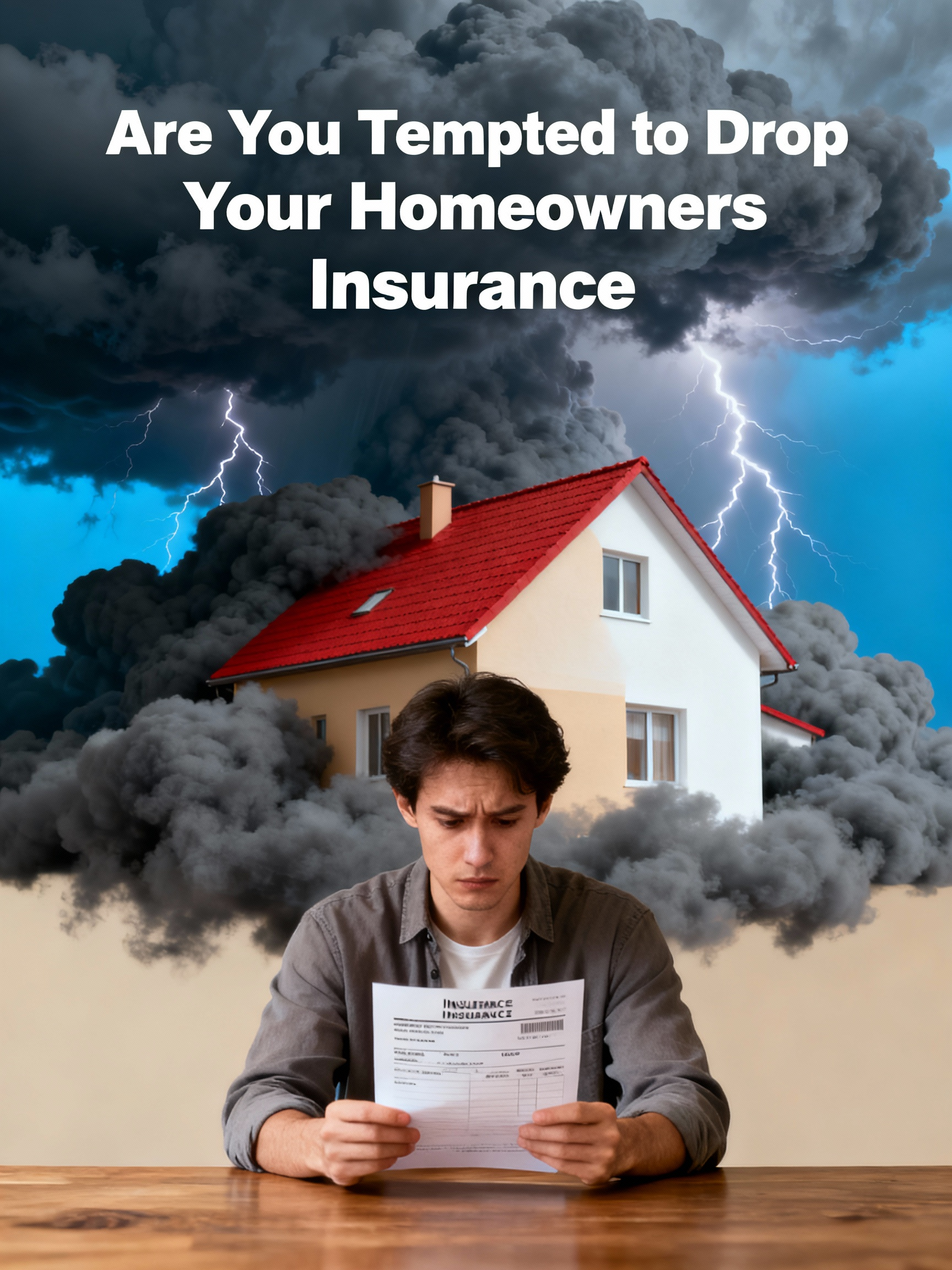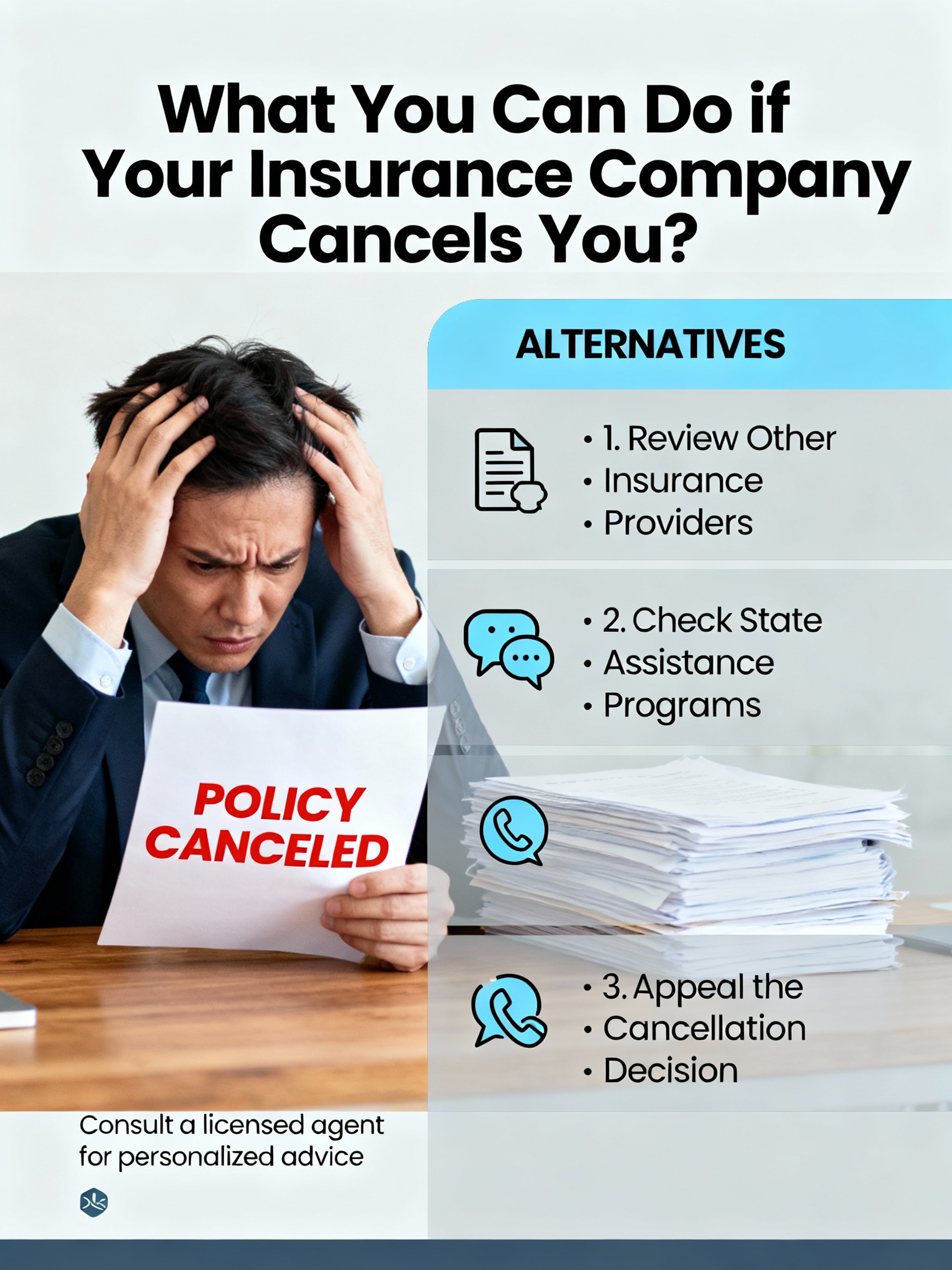Los Angeles Wildfire Victims Targeted by Scammers — Don’t Fall for These Traps!
Published Date: 02/21/2025
When disaster strikes, the worst of human behavior often follows. Amid the ashes of loss and the chaos of rebuilding, scammers emerge—preying on the fear, confusion, and vulnerability of wildfire victims. That’s the disturbing reality Karl Susman, host of Insurance Hour, discussed in his special broadcast covering the California wildfires. From fake aid organizations to fraudulent contractors, Susman warns that for every genuine act of help, there’s someone ready to exploit tragedy for personal gain.
1. The Rise of Disaster-Related Fraud
It’s heartbreaking but true: natural disasters are a magnet for fraud. Whether it’s the 2025 Los Angeles wildfires, the Palisades Fire, or other major events, Susman noted that scam reports surge immediately after a state declares an emergency. The California Department of Insurance (CDI) has even established a task force specifically dedicated to combating disaster-related fraud.
“People in wildfire zones are being directly targeted,” Susman explained. “They’re exhausted, displaced, desperate—and that’s when scammers pounce.”
These scams aren’t confined to wildfire victims, either. Anyone could receive fraudulent calls, emails, or text messages pretending to be from government agencies or relief organizations. But for those already dealing with trauma and displacement, the stakes are even higher.
2. The Fake Government Assistance Trap
One of the most common scams involves criminals posing as officials from federal or state disaster agencies. They promise financial aid, housing vouchers, or fast-tracked recovery funds—but first, they ask for sensitive personal information or upfront fees.
Let’s be clear: no legitimate government agency will ever charge you an “application” or “expediting” fee to apply for disaster relief. If someone contacts you unsolicited—claiming to represent FEMA, the California Department of Insurance, or any government office—and asks for your Social Security number or payment information, it’s a scam.
Susman reminds listeners that government agencies rarely initiate contact:
“They don’t have your cell number. They don’t know you personally. They’re not throwing money at you over text messages.”
If in doubt, go straight to the official source. You can verify or report suspected scams directly at insurance.ca.gov.
3. The Contractor Con Game
After a wildfire, rebuilding efforts trigger a surge in demand for contractors. Unfortunately, not all who show up are qualified—or even legitimate. Scammers posing as contractors often approach victims with promises of fast repairs and exclusive spots on their project lists, provided they pay large deposits upfront.
Susman highlighted a particularly disturbing pattern:
“People are being asked to sign blank contracts—no dollar amounts filled in—and told they can ‘bribe’ their way up the contractor’s schedule by paying a bigger deposit. That’s a huge red flag.”
Before signing anything:
- Verify that the contractor is licensed and insured.
- Check their name and license number with the California Contractors State License Board (CSLB).
- Never pay the full amount—or even a large portion—before any work begins.
- Be wary of anyone unwilling to provide written estimates or references.
True professionals won’t pressure you, demand cash payments, or refuse basic verification questions. The more questions you ask, the faster scammers disappear.
4. Charity Fraud: When Good Intentions Are Exploited
It’s human nature to want to help others during a crisis—but scammers twist that generosity into profit. Fake charities spring up overnight after major disasters, using emotional appeals to solicit donations that never reach victims.
Susman warned that even fire survivors themselves are being targeted by these fraudulent solicitations. “Scammers don’t have perfect lists,” he explained. “They cast a wide net. They’ll even contact people who just lost their homes, asking for donations ‘for the victims.’ It’s unbelievable.”
To avoid charity fraud:
- Only donate through recognized organizations (like the American Red Cross, Salvation Army, or United Way).
- Verify tax-exempt status through the IRS Charity Search Tool.
- Be skeptical of “micro-charities” claiming they’ll deliver funds immediately to victims—especially if they’re newly formed.
- Always request a receipt with a federal tax ID number.
A genuine nonprofit won’t pressure you to donate instantly, and it will provide transparency about how funds are used.
5. Price Gouging and Housing Scams
When thousands of homes are destroyed, temporary housing becomes a scarce and costly commodity. Sadly, some landlords and real estate opportunists take advantage of that desperation through price gouging—illegally inflating rent well beyond pre-disaster rates.
California law is clear: under Penal Code §396, once a state of emergency is declared, housing costs cannot increase by more than 10% of the pre-disaster rate. Yet, as Susman revealed, some are charging 300%–600% more, demanding year-long prepayments or forcing families into unethical leases.
“I’ve seen rents go from $5,000 to $30,000 a month overnight,” Susman shared. “It’s outrageous—and illegal.”
If you suspect you’ve been overcharged, contact the California Department of Insurance or California Department of Real Estate. Both agencies are actively pursuing offenders—whether they’re landlords, property managers, or brokers.
Equally alarming are “too good to be true” rental scams, where fraudsters advertise nonexistent properties or homes they don’t own, collect deposits, and vanish. To protect yourself:
- Visit the property in person before sending any money.
- Confirm ownership through county property records.
- Avoid landlords who only communicate by text or social media.
6. The Loan Shark and Fake Lender Problem
Financial strain after a disaster makes victims easy targets for predatory lenders. Some scammers pose as “private investors” or “hard money lenders,” offering quick cash to bridge insurance delays—only to demand outrageous interest rates or upfront fees.
In some cases, they don’t lend any money at all. They simply collect “application fees,” then disappear.
Susman advised listeners to avoid transferring funds to unknown individuals or lenders who demand payment before approval:
“If they say they need a deposit to ‘run your credit’—walk away. A legitimate lender doesn’t need money to start an application.”
Always verify any lender through the California Department of Financial Protection and Innovation (DFPI) and check for consumer complaints.
7. Phony Cleanup and Remediation Companies
As cleanup begins, another wave of scams emerges: unqualified “remediation companies” promising quick removal of smoke or debris damage for upfront payment. Real remediation work—especially involving toxic chemicals and smoke infiltration—requires specialized training, licensing, and insurance.
If a company promises to clean severe smoke damage “in a day,” it’s not just unrealistic—it’s a red flag. Susman advises homeowners to ask:
- How long have you been in business?
- Are you licensed and insured?
- Are you accredited by the Better Business Bureau?
“A legitimate company will answer questions. A scammer will get defensive and move on,” he said.
8. Looting and On-the-Ground Theft
Beyond digital and financial scams, simple theft remains a constant threat in evacuated zones. With homes abandoned and neighborhoods closed off, looters target whatever remains. While local authorities and the National Guard do their best to patrol affected areas, homeowners should:
- Secure valuables in safes or offsite storage.
- Document any stolen items for insurance claims.
- Avoid returning to unsafe or restricted zones without clearance.
Insurance can cover theft in some cases—but only if properly documented.
9. How to Protect Yourself and Report Fraud
Staying safe after a wildfire means staying skeptical. Here are actionable steps every homeowner and good Samaritan should follow:
✅ Verify identities and credentials before sharing information or sending money.
✅ Never pay for “fast-tracked” aid, applications, or claims.
✅ Confirm any charity through official databases.
✅ Inspect properties and contractors in person.
✅ Report scams immediately to:
- California Department of Insurance — insurance.ca.gov
- FEMA Disaster Fraud Hotline — 866-720-5721
- Federal Trade Commission (FTC) — reportfraud.ftc.gov
Final Thoughts
Disaster brings out heroes—first responders, volunteers, community leaders—but it also attracts predators. Scammers exploit trust and trauma for personal gain, turning recovery into another ordeal. But as Karl Susman reminds listeners,
awareness is your best defense.
“Ask questions. Verify everything. And if it feels wrong—it probably is.”
If you’ve been impacted by the wildfires, stay vigilant, lean on verified resources, and remember: you’ve survived the flames—don’t let fraudsters burn you twice.
Author
